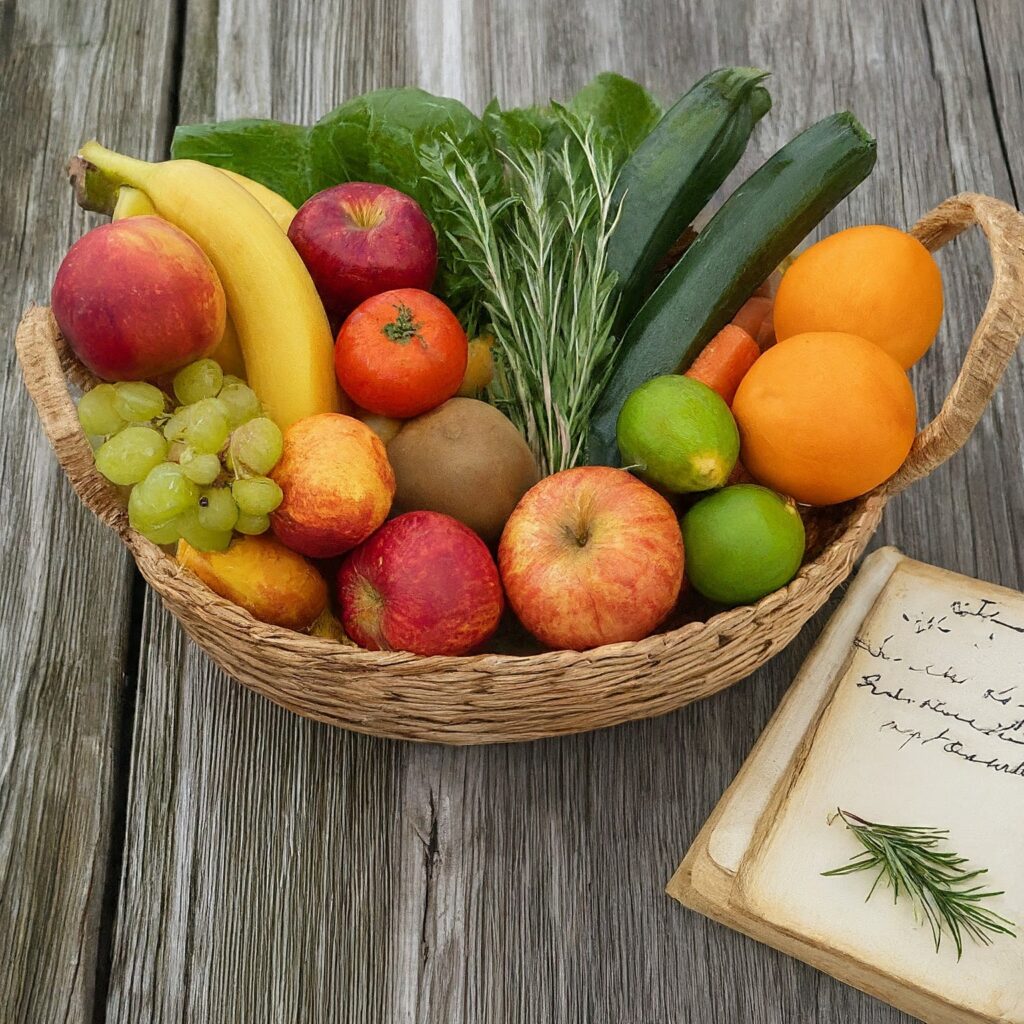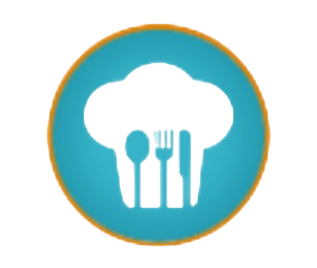Balanced Diet: What To Eat, and What To Avoid!
A balanced diet provides your body with the nutrients it needs to function properly. To get the nutrients you need, the majority of your daily calories should come from fresh fruits fresh vegetables whole grains legumes nuts lean proteins American Diet Guidelines Reliable source explains how much of each nutrient you consume daily should take. The number of calories in foods refers to the amount of energy that is stored in those foods.

What is a balanced diet?
Your body uses calories from food for walking, thinking, breathing, and other important functions.
The average person needs around 2,000 calories a day to maintain their weight. However, the amount will depend on your age, gender, and physical activity level.
Men typically need more calories than women, and people who exercise need more calories than people who don’t. Women of Different Ages: The source of your daily calories is also important. Foods that are mostly high in calories and very low in nutrients are known as “empty calories”.
Examples of foods that provide empty calories are cakes, cookies, and donuts. To maintain good health, limit your intake of empty calories and instead try to get your calories from foods that are rich in other nutrients.
Calories are a measure of the energy provided by food. The amount of calories you need depends on your gender, age, and activity level.
Why a balanced diet is important?
A balanced diet provides the nutrients your body needs to function effectively. Without a balanced diet, your body is more prone to disease, infection, and fatigue. Children who do not eat enough healthy foods can have growth and development problems, poor school performance, and frequent infections. You can also develop unhealthy eating habits that can persist into adulthood.
Without exercise, they are also at increased risk of obesity and various diseases that form metabolic syndromes, such as type 2 diabetes and high blood pressure.
Protein food includes meat, eggs, fish, beans, nuts, and legumes. Highly Processed Foods Refined Grains Added and Salty Sugar Red and Processed Meat Alcohol Trans Fats What is healthy for one may not be suitable for another.
What to consume for a good food regimen?
A wholesome, balanced food regimen will commonly encompass the subsequent nutrients: vitamins, minerals, and antioxidants carbohydrates, along with starches and fiber protein wholesome fats
A balanced food regimen will encompass lots of meals from the subsequent groups: fruits vegetables grains dairy protein meals. Examples of protein meals encompass meat, eggs, fish, beans, nuts, and legumes.
What foods to keep away from?
Foods to avoid or restrict on a healthful weight-reduction plan include processed foods, subtle grains, sugar, and salt pink and processed meat, alcohol, and trans fats.
What’s healthful for one individual won’t be appropriate for another.
A varied and healthy diet is usually one that is rich in fresh plant-based foods and that limits your intake of processed foods. If you have any questions about your diet or feel like you need to lose weight or change your eating habits, make an appointment with your doctor or nutritionist who can suggest dietary changes that will help you get the nutrition you need and at the same time promote your overall health.

Get Free Notion Templates, Recipies, and Ebook! If you love what we do, fuel our work with a coffee!
Note: This article includes affiliate links.
Crypto Donation – 94TQXX1ENtkXgVmNwQNPzW2HKXXPYhHdzPRPkvtk
